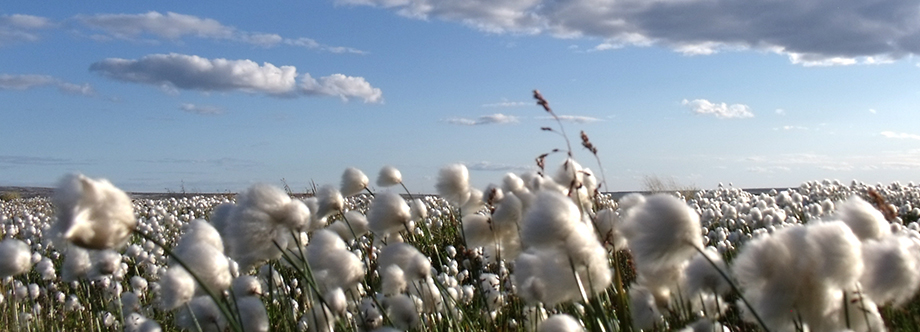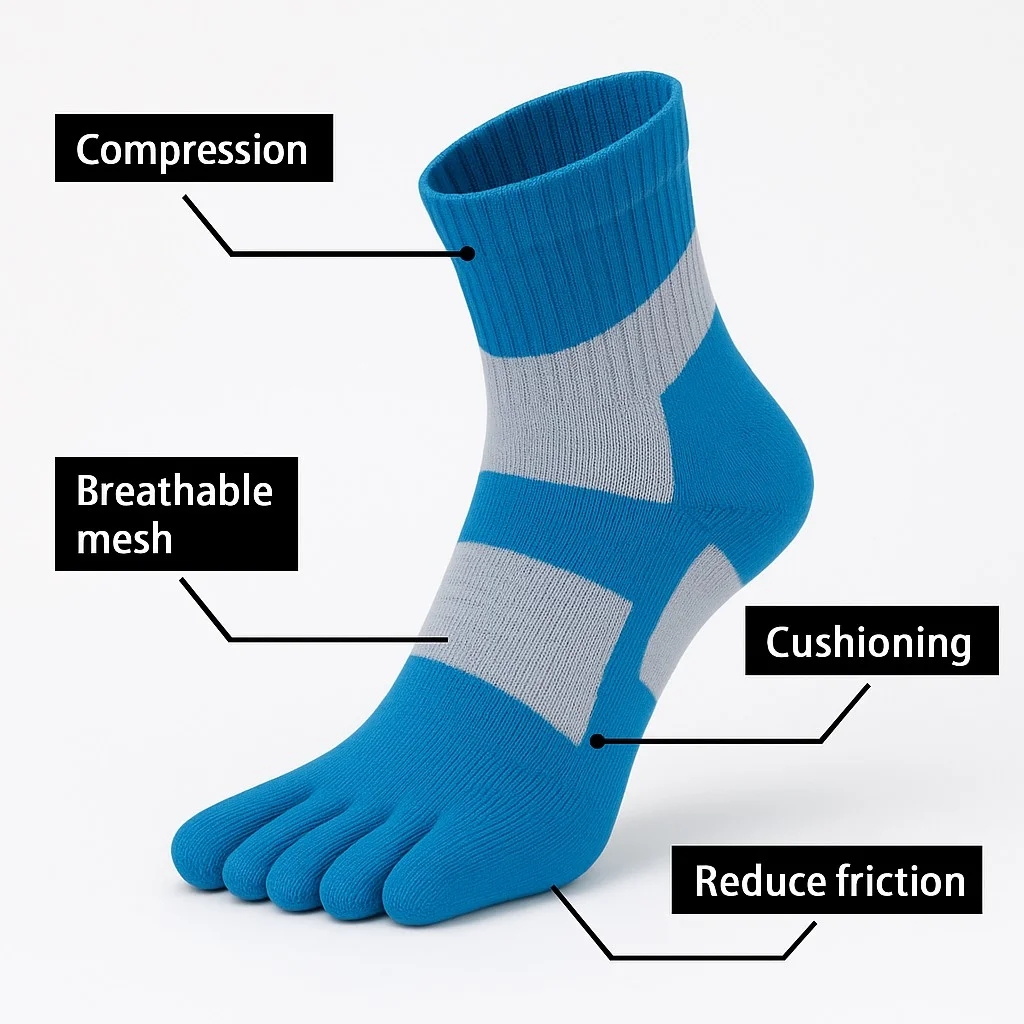Unveiling the Truth: Are Most T-Shirts Truly 100% Cotton?

T-shirts have become a staple in our wardrobes, offering comfort and versatility for various occasions. But have you ever wondered if the majority of t-shirts are truly made from 100% cotton? In this article, we will delve into the world of t-shirt manufacturing, exploring the materials used, industry practices, and the truth behind the label.
- The Cotton Conundrum:
Cotton has long been favored for its breathability, softness, and durability, making it a popular choice for t-shirt production. However, not all t-shirts are created equal. While many brands proudly claim to use 100% cotton, the reality is that a significant portion of t-shirts on the market today are blended with other fibers. These blends can include polyester, rayon, or even synthetic materials like spandex. - Blended Benefits:
The inclusion of synthetic fibers in t-shirt blends serves various purposes. Polyester, for example, enhances the garment's wrinkle resistance and color retention, making it ideal for athletic wear. Rayon, derived from wood pulp, adds a luxurious drape and breathability to the fabric. Blending cotton with these fibers can improve the overall performance and longevity of the t-shirt, catering to specific consumer needs. - Industry Standards and Regulations:
To ensure transparency and protect consumer interests, industry standards and regulations have been established. In the United States, the Federal Trade Commission (FTC) mandates that clothing labels accurately disclose the fiber content. This means that if a t-shirt claims to be 100% cotton, it must contain only cotton fibers. However, this requirement may vary across different countries, highlighting the importance of understanding regional regulations when purchasing t-shirts. - Sustainable Alternatives:
As environmental concerns grow, so does the demand for sustainable clothing options. Organic cotton, for instance, is cultivated without the use of harmful pesticides or synthetic fertilizers, reducing the ecological footprint of t-shirt production. Additionally, recycled polyester, made from post-consumer plastic bottles, offers an eco-friendly alternative to traditional polyester blends. By opting for these sustainable materials, consumers can make a positive impact on the environment while enjoying their favorite t-shirts. - Consumer Awareness:
With the rise of e-commerce and online shopping, consumers now have access to a wealth of information about the products they purchase. It is crucial for individuals to educate themselves about the materials used in t-shirt production and to scrutinize product descriptions and labels. By doing so, consumers can make informed choices that align with their preferences and values.
Conclusion:
While the claim of most t-shirts being 100% cotton may not hold true, it is essential to recognize the benefits of blended fabrics and the role they play in enhancing t-shirt performance. By understanding industry regulations, exploring sustainable alternatives, and staying informed as consumers, we can navigate the world of t-shirts with confidence and make choices that align with our needs and values.
